Paula Deen to Prop 8: when major brands take a (political) stand
If the past several weeks have been any indication, major brands—with millions of customers across the political ideological spectrum—can get fiercely and divisively political.
Paula Deen crying — all the way to the bank?
According to some estimates, Paula Deen has lost an estimated $7.5 million in endorsements, and another $5 million from cancelled television and restaurant deals in the wake of her admission in a deposition that she used the N-word.The resulting controversy resulted in her being fired from The Food Network, her main gig, while brands like Sears, J.C. Penney, Walgreens, Wal-Mart, Target, Home Depot, Novo Nordisk, Smithfield Foods, and Caesars Entertainment have all severed ties. Her upcoming book, Paula Deen's New Testament: 250 Favorite Recipes, All Lightened Up, was abruptly canceled.But was it wise for brands to drop Deen so abruptly? Some evidence suggests that they may have jumped the gun.According to an online survey conducted by Ask.com, 71% of respondents said they did not believe that Deen was a racist—and nearly two-thirds believe that another network will pick up Deen's cooking show.Indeed, in spite of major brands running from Deen, it seems that most consumers are on Deen's side and are willing to fork over their hard-earned cash for a piece of Deen's crumbling empire.For example, the Paula Deen Cuisine Cruise—launched in 2009—has become wildly popular in the wake of the controversy such that Celebrity Cruises and Royal Caribbean have added additional cruises to handle the overwhelming demand. Her formerly-upcoming-but-now-cancelled cookbook surged to #1 on Amazon.com and Barnes and Noble (presale) in spite (or perhaps because) of all the negative publicity.And diehard fans aren't the only ones to rush to Deen's defense; some view Paula Deen's public chastising as a media-driven an assault on the South, utilizing an isolated situation to destroy an otherwise relatively untarnished career.How Paula Deen emerges from this controversy is yet to be seen, but it seems clear that in their haste to distance themselves from a controversy and appear politically correct, some major brands have missed opportunities to listen to their customers.
LGBT equality — too controversial or too lucrative?
The Supreme Court's historic decisions regarding same-sex marriage last month rallied millions around the country, including major brands.But for brands that service millions of customers around the world—many of whom have strong opinions regarding LGBT equality and same-sex marriage—is it appropriate to get involved?Take a look at some of the brands below that acted quickly to support LGBT equality (interestingly, I couldn't find any brands that publicly denounced equality). The comments are mixed: some support the post, others admonish the brand and swear never to purchase again.[gallery type="square" link="file" ids="1364,1365,1366,1367,1368,1369,1370" orderby="rand"]Brands may be betting on the fact that US approval of same-sex marriage is becoming more popular: in 1996, only 27% of Americans approved of same-sex marriage, but recently same-sex marriage approval hit an all-time high with 55% of Americans approving and 40% disapproving.Or, brands may be attempting to attract LGBT buyers, a group that historically seldomly received targeted advertising and marketing, particularly from mainstream brands. Consider this research from Catalyst:
The total buying power of adult LGBT individuals is projected to be $790 billion.
47% of LGBT adults are more likely to purchase a company’s products or services when an advertisement has been tailored to an LGBT audience.
87% of LGBT adults and 75% of non-LGBT adults would consider a brand that has equal benefits for LGBT employees.
23% of LGBT adults have switched products or services in the past year because a different company was supportive of the LGBT community.
Even if a brand is costlier or less convenient, 71% of lesbian and gay people would remain loyal to that brand should they be supportive of and friendly to LGBT issues.
This evidence suggests that getting involved in the LGBT equality debate may be lucrative: some brands may find that they are able to recoup the loss from anti-LGBT equality customers from pro-LGBT equality customers. And because the trend suggests that the tide is shifting in favor of pro-LGBT equality, investing now may pay dividends later.What are your thoughts about brands that take a political stand? Do you make purchasing decisions based on what companies "believe"?

